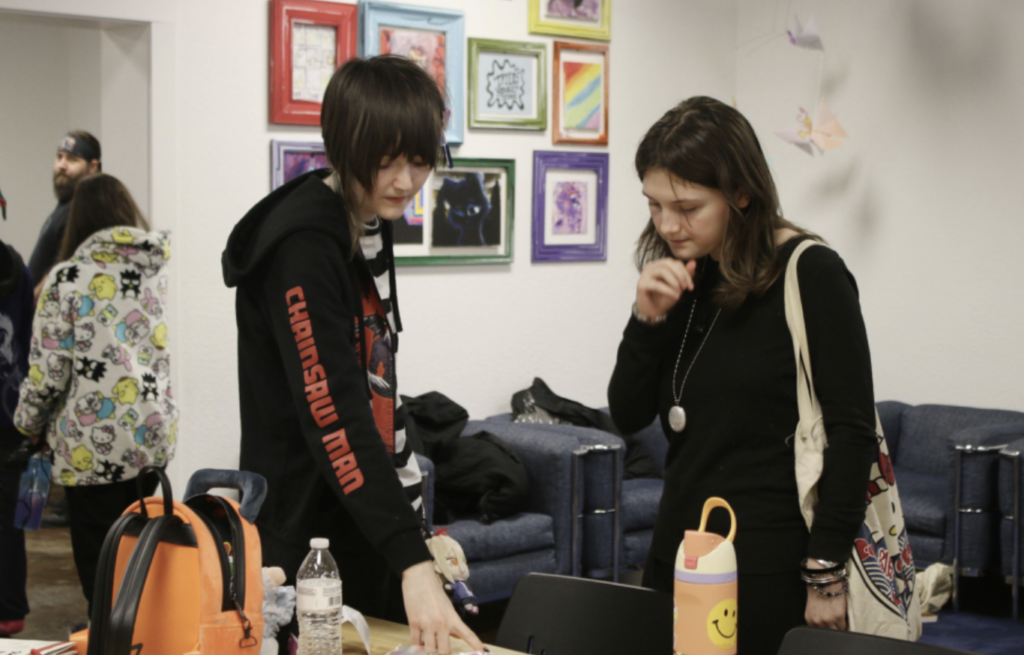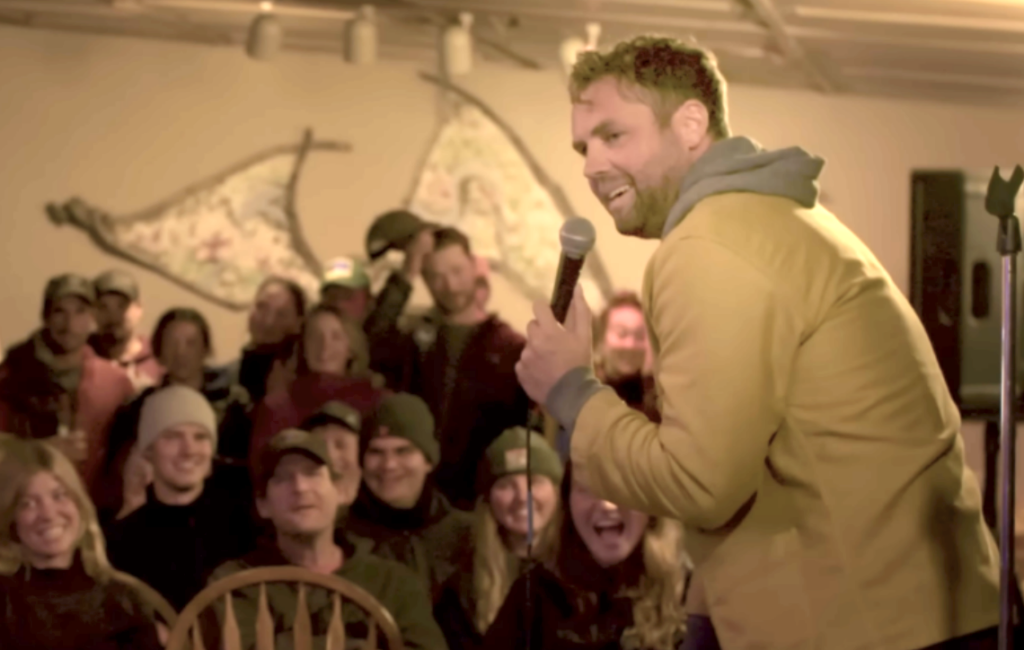Letter from the Editor: Pride or die
Welcome, dearest readers, to the June 2025 issue of The Pitch print magazine, homegrown right here in Kansas City, U.S.A. We’re thrilled to have you here and very excited to share our annual Pride-themed collection with you.
To circle back to my earlier mention of the U.S.A., I’ve been spending a lot of time reading up on the history of fascism and how it seeps in slowly, gradually poisoning hearts and minds and normalizing previously unthinkable horrors until everyday citizens become goddamned soulless monsters without ever realizing the transformation. What, the history of fascism’s insidious encroachment isn’t a part of your summer beach read pile? Hm. Well, there’s plenty of time to hop on the train with me.
I’ve been focused less on how propaganda functions or how politicians twist their agendas, and instead, highlighting the role that history and literature play in the process. One of the most common go-to moves from successful dictatorships and corrupted warmongers in the past has been the banning of media. As members of the media, we here at The Pitch are always hyper-aware of what that means for us. But this is also true for everyone else who would consider themselves part of an educational pipeline. Librarians fighting back against censorship and the banning of books, teachers and schools who find themselves in the crosshairs between performative politicians and astroturfed protesters outraged that diversity and inclusion could have any place in (what is supposed to be) our shared history—They know what this looks like.
Yale professor Jason Stanley got me started on this hyperfixation with his aptly titled book Erasing History, which exposes the ways authoritarian regimes manipulate historical narratives to maintain power. He provides compelling examples from around the world, showing how political leaders restrict access to historical truths by banning books, censoring curricula, and criminalizing educators who challenge official narratives. Attacks on education and historical memory support authoritarianism, undermining public understanding of past struggles for justice. By showing how history is weaponized to advance political agendas, Stanley underscores the importance of preserving historical truth as a safeguard against authoritarian rule.
It is this “attack on memory” that really transfixed me. That, and the idea that the end goal of erasing history is less about pretending real events never happened, but about eliminating the very idea that humanity’s story involves multiple perspectives—so that moving forward, the experiences of one group can be fully ignored by others as an almost muscle memory reaction.
In the last five years at this job, I’ve watched as the importance of documenting and reclaiming KC’s history has come to the forefront for so many people, groups, organizations, and movements. We spotlight the introduction of a Wikipedian in Residence at the KC Public Library, who was charged with helping interconnect disparate chunks of our culture with a digital information repository that was accessible by all. We’ve profiled the folks who are actively working to uncover and reclaim those parts of what built our city that… for whatever reason… are uncomfortable to sit with, or simply wiped clean from any official records, and so we’re performing forensic anthropology on a region and its people.
Queer history is one of many lanes here that, unsurprisingly, was not documented well at its origin, was difficult to get folks to speak on during eras where their lives were endangered by doing so, and even as I write this, is facing new forms of erasure from cultural forces and the government alike. Any pushback on capturing and celebrating this fantastically complicated telling of who built our community and how is pushback on the idea of this community being considered human, and therefore worthy of their own perspective on history. To not reclaim and celebrate this is to surrender—now and moving forward—the inclination to ask or consider what matters, what helps, what harms, and what could elevate so many of our friends and neighbors, while honoring those who were never properly honored in their time.
That’s one of the reasons Melinda Ryder graces our cover this month. Ryder is an award-winning drag queen who previously appeared on the cover of The Pitch in the summer of 1995. Yes, we’re repeating a cover story 30 years later, and for very good reason. Ryder has been performing drag in this city for five decades. There are a lot of factors at play, but needless to say: Not many drag queens reign for this long. Not many of them survive for this long. Ryder’s story takes her from finding her identity before the AIDS epidemic even hit, losing community, rebuilding community, and carrying a torch to light the way far, far into the future. Hers is not just a tale of individual artistic triumph, but of defeating overwhelming odds to push this city towards being safer, more joyful, more accepting—and, to be honest, raising just a fuck-ton of money for charities of all stripes along the way.
When you hear about schools deciding to stop teaching the history of Black Americans and avoiding LGBTQ+ stories, you’re often being fed a line about how we need to avoid keeping these things in the curriculum… in the name of bringing people together. That to teach the full history of slavery in this country and its struggles to make amends (even now) is somehow creating division by instructing white kids that they should feel shame. That to let students know that queer people exist and have contributions to society and exude love and kindness is somehow a step too far, too antagonistic to their beliefs (or their parents’ beliefs) to even acknowledge that they are real human beings. That trans people don’t exist or that they don’t deserve basic human dignity.
All of these attacks, all being performed now (as ever) in the name of ‘respect’ and in pursuit of ‘unity’ is—as ever—absolute dog shit. Sure, erasing history to make yourself feel better is one way to create ‘unity’, just as burning down a city you don’t like or kicking people out of a country certainly, technically, erases ‘division’.
History is one of our greatest investments. It is our greatest defense against forces of evil or, at the most basic level, forces of incredible stupidity. Please join us in celebrating the continued life and times and joy of those who feel threatened today, because they won’t be humanized until other humans stand up to loudly proclaim, “We’re with them. They are us.”
Pitch in and we’ll make it through,
Click below to read the June 2025 Issue of The Pitch Magazine:







